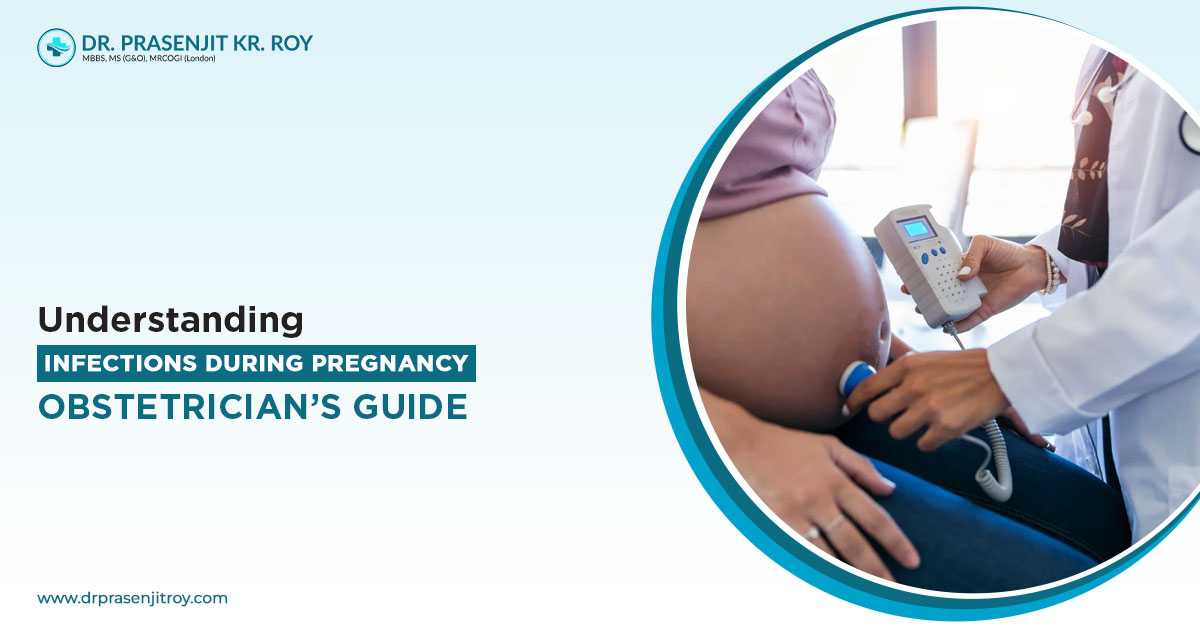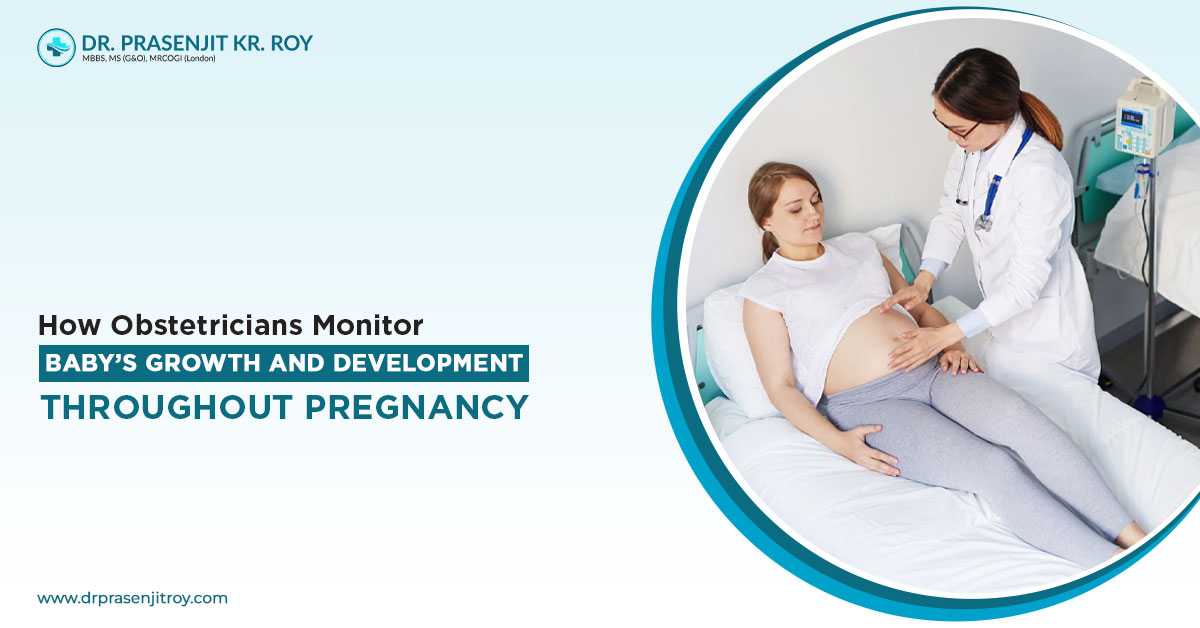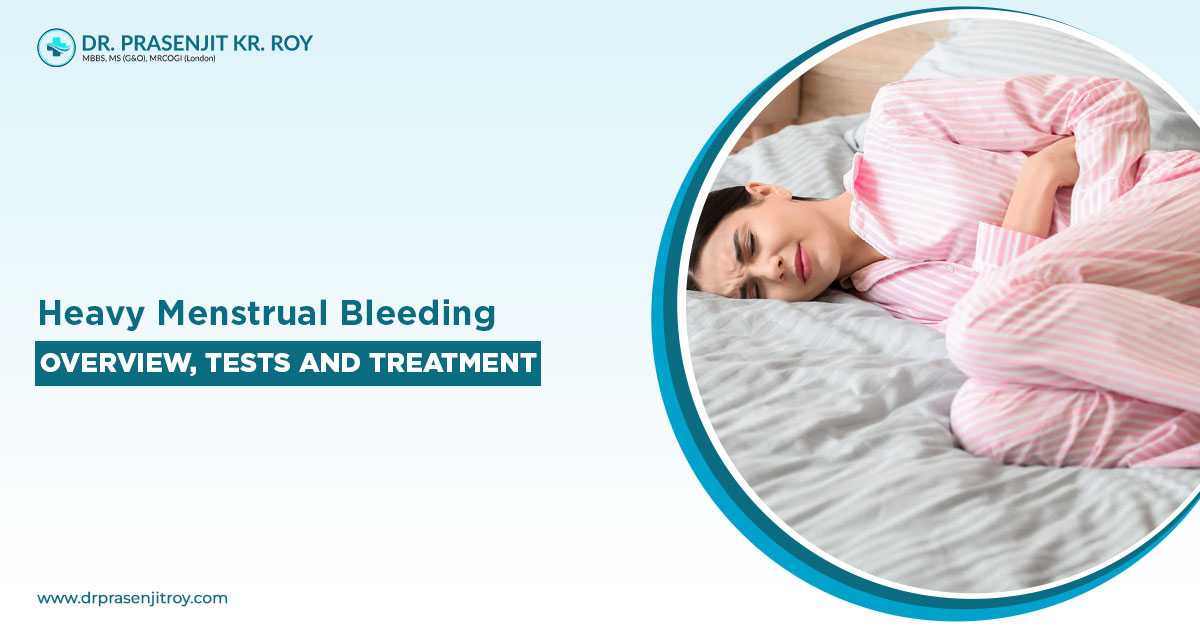Menstrual bleeding is a common biological phenomenon that involves the shedding of the uterine wall (lining) when fertilization does not occur. While it is common, in some instances, the amount of blood often fluctuates due to various reasons. Menorrhagia, or heavy bleeding, is a major concern faced by many women.
The best gynecologist in Siliguri states that the reasons for heavy bleeding can range from hormonal changes to cancer symptoms. Thus in this blog, we will be assessing as the aspects related to Menorrhagia in order to learn and generate awareness.
What Are The Causes of Menorrhagia?
Hormonal imbalance: Hormones such as estrogens and progesterone control the flow of periods and how heavy they are. Thus, if you have a hormonal imbalance, then you may have heavy bleeding as it causes the buildup of the uterine lining.
Uterine fibroids: The non-cancerous growths can also impact the flow of menstrual bleeding. Fibroids can vary in size, which increases the surface area of the uterine lining, disrupting the uterine contractions.
Endometrial polyps: These tissues often grow in the uterine lining. They tend to cause irritation and damage to tissues, which leads to heavy bleeding. They can also affect the endometrial functions with their structure, making the uterine wall more prone to bleeding.
IUD or Intrauterine device: Women who use an IUD as a contraceptive are also prone to heavy bleeding, especially during the first few months of use. However, this side effect usually improves over time. Women who use copper IUDs are mostly prone to heavy bleeding caused by internal inflammation.
Cancer: In rare cases, heavy menstrual bleeding may be a sign of uterine or cervical cancer. While this is uncommon, it's essential to rule out this possibility, especially if the bleeding is unusual.
How is Menorrhagia Diagnosed?
For the diagnosis of heavy bleeding, the best gynecologists in Siliguri suggest that an individual should go through a proper evaluation. With diagnostic tests, gynecology specialists can identify the cause of heavy bleeding accurately. Physical tests are considered to be the most important part of the diagnosis process. Some other diagnostic tests to be followed along with this are
● Blood test:Blood tests can evaluate your hemoglobin levels to determine if you are anemic due to blood loss. They can also assess for clotting disorders.
● Ultrasound:A pelvic ultrasound can identify uterine fibroids, polyps, or other structural issues in the uterus that could be causing heavy bleeding.
● Endometrial Biopsy: When the cause of heavy bleeding is unclear, a biopsy may be performed to examine the endometrial tissue for abnormalities such as cancer or hyperplasia.
● Hysteroscopy:A hysteroscope is a thin, lighted tube used to examine the uterine cavity, helping to identify polyps, fibroids, and other abnormalities.
Treatment options for Menorrhagia
The underlying reason and the intensity of the symptoms determine the course of treatment for excessive menstrual bleeding. The best gynecologist in Siliguri can suggest the best course of action following an accurate diagnosis. Some of the typical treatment options are:
Medications: Medications such as Tranexamic Acid, NSAIDs, and oral contraceptives are often prescribed to some patients after diagnostic tests. In some cases, patients also have anemia, which can be treated with iron supplements.
Dilation and Curettage:In this process, the gynecology specialist dilates the cervix and scrapes some tissue from the uterine lining. This is used to find the source of the bleeding, which is usually caused by fibroids and polyps.
Endometrial Ablation:This is an extreme procedure that removes the white endometrial lining with the use of a laser. These procedures cause you to have light periods but create complications during pregnancy.
Hysterectomy: In severe cases, where other treatments fail, a hysterectomy (removal of the uterus) may be recommended. This is typically considered for women who do not plan to have any more children.
Uterine Artery Embolization:In this procedure, the doctors block the flow of blood to fibroids, which causes them to shrink. This decreases the size of fibroids and lowers the flow of blood. Doctors also use catheters to shrink the fibroids in this process.
Focused Ultrasound : This helps in the removal of fibroids by shrinking them and destroying them with ultrasound waves. This procedure is non-invasive which means it not require any incisions.
Conclusion
It can be emotionally and physically taxing to experience heavy menstrual bleeding. Nonetheless, it is manageable with the correct diagnosis and care. Consult the best gynecologist in Siliguri if you're having problems with menorrhagia. To restore your health and well-being, a qualified physician will collaborate with you to determine the origin of your symptoms and suggest the best course of action.








